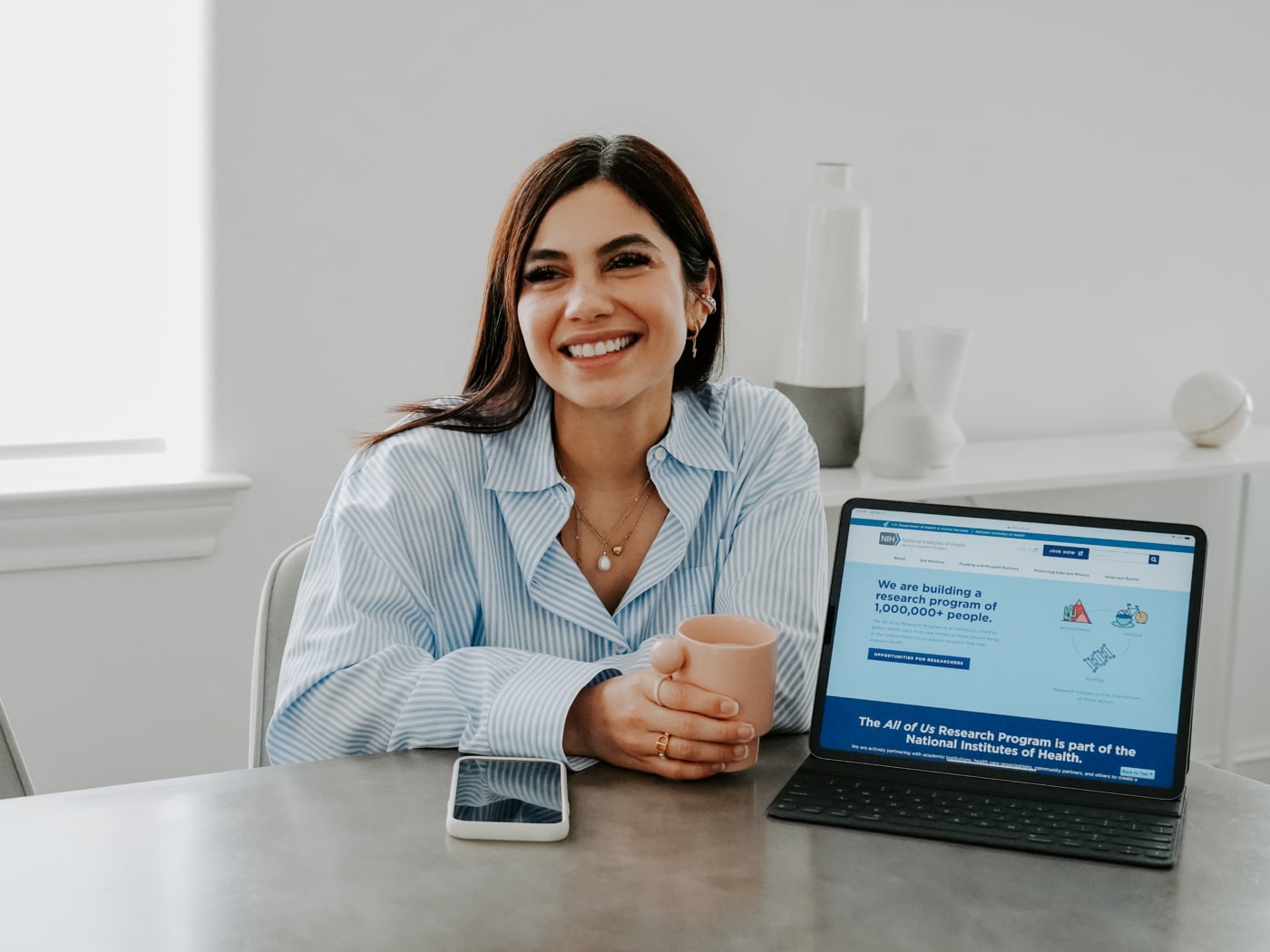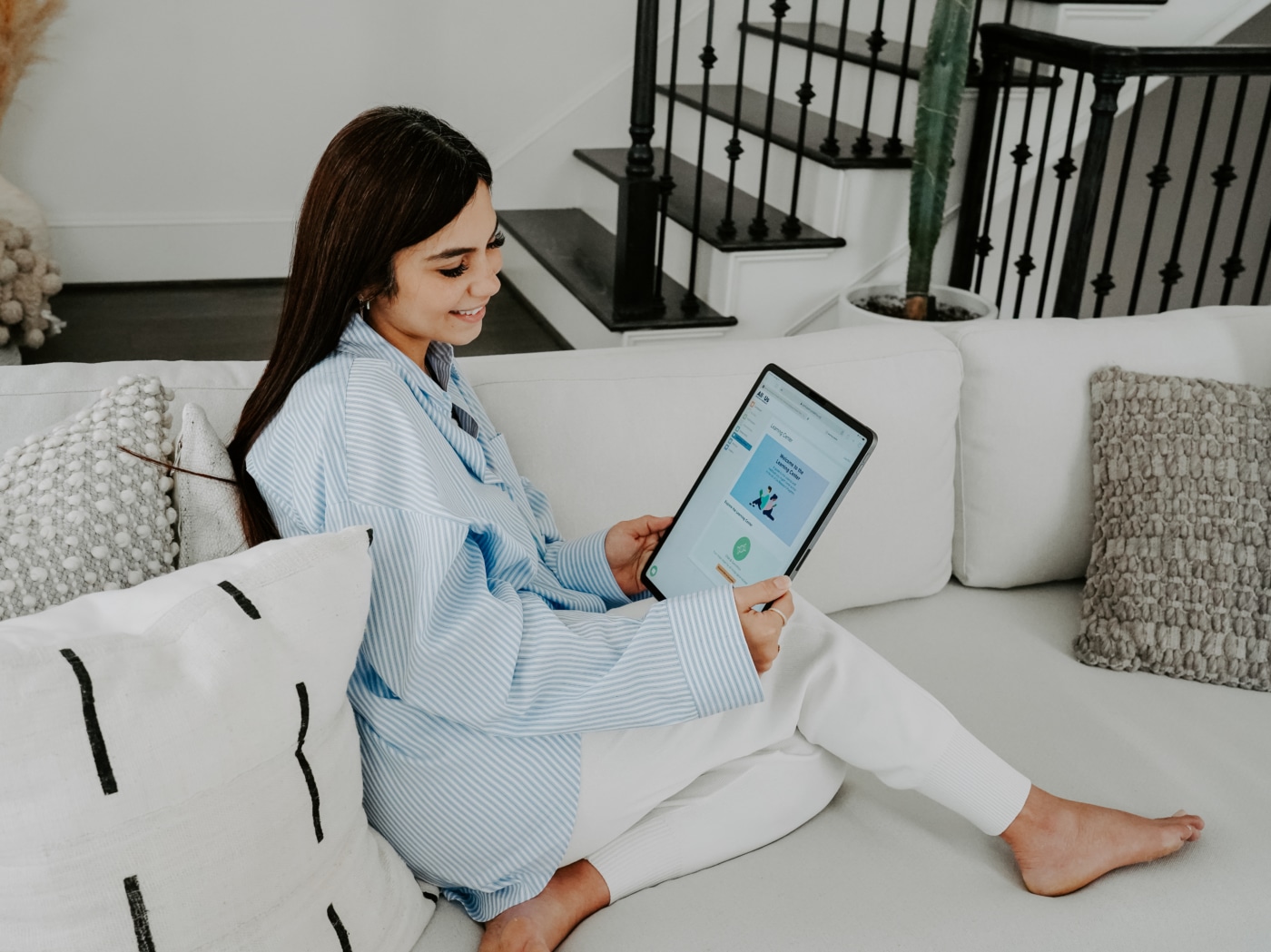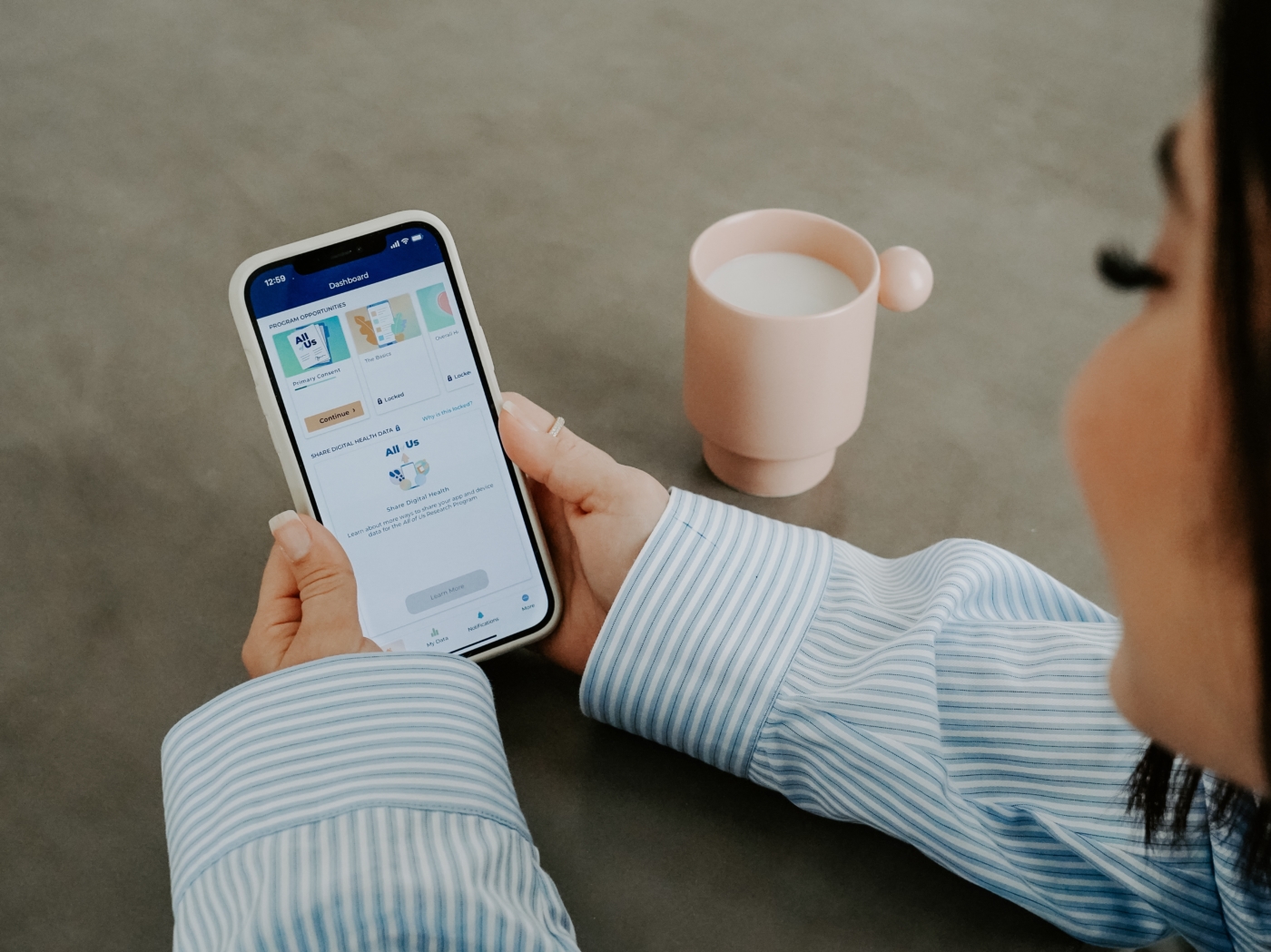I Was Given the Chance to Help Diversify Medical Research—and You Can Help Too

iving in the US as a Latina woman, I’ve often felt afraid to be proud of my ethnicity. As a wellness blogger in the fitness space, I was subconsciously working to achieve a stereotypical slender white female body even though I naturally have curves and a strong athletic body. I rarely spoke on video on social media because of my accent. I feared how it would affect my business if I did.
But racism extends far past a judging look in the mall. We know racism is woven further than the media, fashion, and fitness industries. It extends deep into societal ‘norms’ —the education system, the judicial system, politics, health care….the lack of diversity and representation in medical research and health care is something we need to take very seriously.

Lack of Diversity in our Medical Research
Not only is data for medical research and health breakthroughs itself limited, but in most cases, participants of medical trials are not diverse. Scientific research from the last few hundred years in the United States has been primarily conducted on white, cisgender males. Conclusions from sample sizes of one type of person are then used to influence medical decisions on women’s health, and the health of other races.
But the real health and disease experiences of people living in the U.S. are SO much more diverse than the health patterns and implications from caucasian male study participants.
If diversity isn’t represented in medical research, how can it be represented in cures or solutions?

Precision Medicine
While some of our medical decisions are still being made based on very outdated data, we know that medicine is improving every single day! Precision Medicine is the concept of being treated as YOU, an individual human with unique health needs.
If you’ve ever been in a situation where a health care provider is suggesting there is nothing wrong with you when you know there is, I feel for you! It’s disheartening when you are not getting the care you need. But doctors only know what the research tells them. If you don’t fit their box with specific enough symptoms, cases of disease can get overlooked until it’s much more serious. Or, you’ll be treated based on what works for people who don’t share your background, your experiences, or your history.
In medical terms, communities historically underrepresented in biomedical research are often referred to as UBR communities. If you are low income, low education, part of the LGBTQ community or BIPOC, you, like myself, are part of an UBR community.
Of course, what hits closest home for me is my Latino population. I did a little bit of research to find some specific examples on how this community, the largest racial/ethnic minority population in the US (CDC), is affected by health disparities:
- “Lack of health care and regular screenings have been cited as major cancer risks for Hispanics who are less likely to be screened for colorectal cancer, breast cancer and cervical cancer than non-Hispanic whites.”
- “Hispanics/Latinos have genes that increase their chance of developing type 2 diabetes. Diabetes is very complicated, though, and the connection isn’t completely clear. Each has its own history and traditions, but all are more likely to have type 2 diabetes (17%) than non-Hispanic whites (8%). (CDC 2021)”
So not to get too sciencey on you, but yeah, this is very real! As you can imagine there are many similar statistics for Black and Indigenous people in our country.
While I pride myself on taking very good care of my health, I also want to feel confident in the health care system that we participate in.
Bodies and genetics are so so diverse and now, as a mother, it’s very important for me to take charge of my health—not only for me but also my baby.
How Can We Help?
Over the last months, I’ve been learning about the All of Us Research Program. Their mission is to create the most diverse health database in history, so researchers can use it to conduct new studies.
They aim to include those of us who have historically been underrepresented in— or left out entirely! — biomedical research by working with a broad view of ethnicities and experiences such as sexual orientation, income, health care access, health status, race/ethnicity, age, and gender.
Currently, they’re trying to connect with one million people to support this basis for better research.
In order to support this mission, you can simply answer questions about your own health and provide information to whatever extent you feel comfortable. As this is medical research, samples like blood and urine are incredibly beneficial.
Now of course my next question was… privacy? In our digital age, it can feel very overwhelming to think about what our information is used for. All of Us guards your private information and only data points are shared, like height and weight for example. No names or addresses or anything identifiable are given to the researchers. There are serious consequences for someone to try and find you through this data. To that end, only researchers that are pre-approved by the program can see the data. There are many steps to that approval process, and the program always monitors who is accessing the database and what they’re doing with the data.
With All of Us, you also get access to the collected data. Feel like doing some of your own research with data from other people in a similar demographic to you? Well, you can!

Why now? Racing to Resolve COVID-19
Over the last year, we’ve witnessed countries race to create a vaccine, cure, and relief for COVID-19. In America, we’ve watched companies battle to release an injection that will hopefully provide ease to the stress this pandemic has caused our country.
The All of Us Research Program wasn’t created for pandemic response, as they’ve been supporting medical research efforts and UBR communities for years already. But if enough people from our communities join the program, it can help make sure that we’re all properly represented when scientists are looking for the next big breakthrough.
Early last year they launched the COVID-19 Participant Experience, or COPE, survey and were able to collect information from over 63,000 participants regarding stress, social distancing, economic changes, etc. A current focus now for All of Us regarding COVID19 is antibody testing. But whether you’ve contracted COVID-19 or not, your insight is really valuable!
If you’re interested in helping or learning more, I invite you to join the All of Us Research Program. What’s amazing is that together, we can improve medicine!
And whether or not you participate in All of Us, I encourage you to take your health into your own hands! This means taking care of your body, doing your own research, getting multiple medical opinions, and researching what you’ve been prescribed as well to make sure it makes sense for you, as an individual, and not the average trial participant.
Stay nourished, stay healthy!





